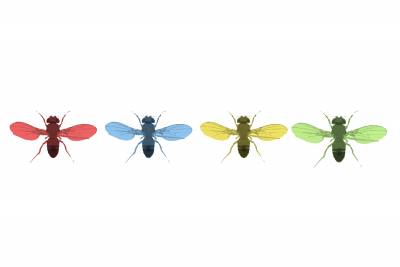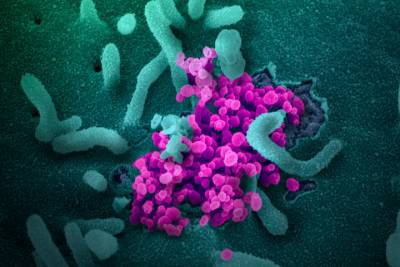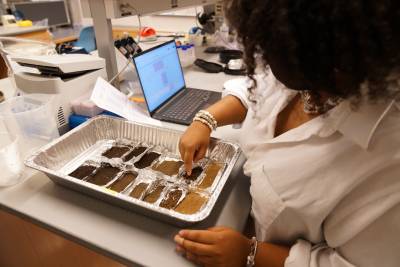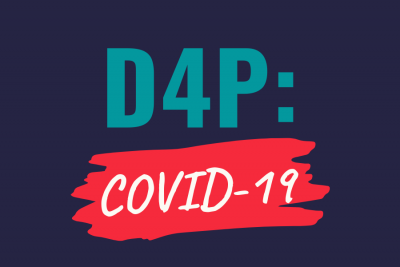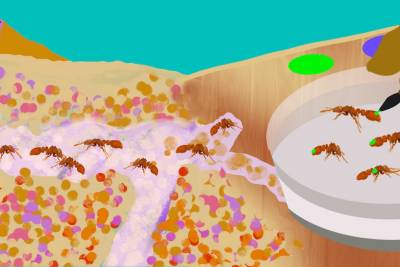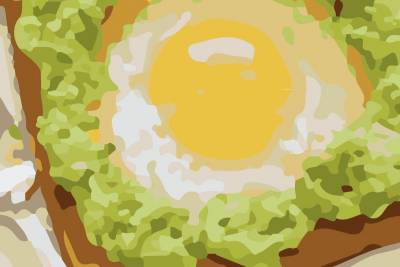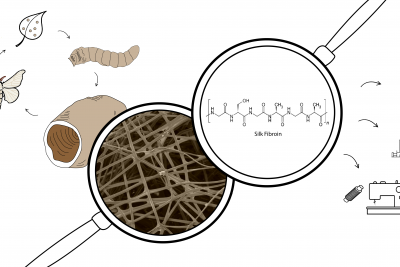Relating to and reflecting on the Escape the Cell process
Each vignette below offers an opening for conversation, student reflection, or learning connections to be made based on having done the Escape the Cell activity (see the Show level).
Can you relate?
On the Ethics of Genetics
It is essential that we also emphasize that genetics, ancestry, and forensic research have a complex past that includes attempts to use genetic technology to perpetuate racism, challenge the histories of Native American communities, and disregard human ethics in obtaining or analyzing individuals’ DNA. We recommend listening to this podcast episode highlighting the personal journey for one Navajo student studying genetics (The Experiment Podcast, What Does it Mean to Give Away our DNA?).
On Making Mistakes (and Mutations!)
Escape the Cell is a great way to introduce conversations about making mistakes, it’s just that in this game, as in a cell, these are called mutations. Each “mistake” is a learning opportunity.
On the Central Dogma in action
Going from DNA → mRNA → protein is sometimes referred to as the Central Dogma of biology. This term was first used by Francis Crick over 60 years ago to describe the one-directional process wherein the foundational DNA/RNA codes can be copied repeatedly, but a protein made from this code cannot be copied back into DNA or RNA.
The Escape the Cell puzzles (in the Show level) can be a great way to demonstrate the one-directional nature of this process…



